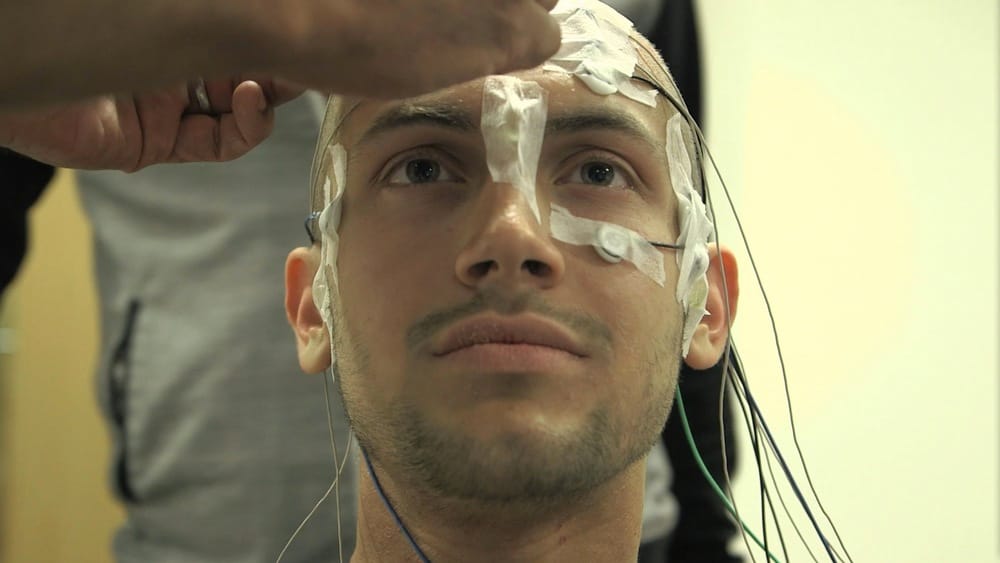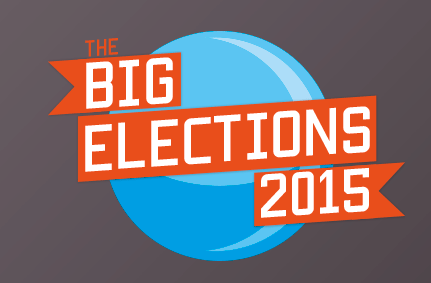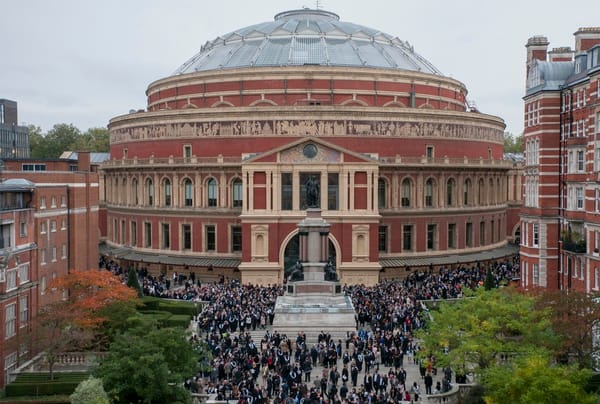Imperial College researchers to crowdfund LSD brain-imaging study
Researchers hope to produce the world's first scans of a human brain on LSD

Scientists from the Department of Medicine are reaching out to the public in an attempt to source the funding required to complete the final phase of their research. The study hopes to generate the first ever images of the brain of a person experiencing the effects of the psychedelic drug.
LSD and other psychoactive drugs such as psilocybin, the active chemical in magic mushrooms, have been the subject of a number of recent studies in the UK and US. The drugs are believed to have potential benefits for patients suffering from depression, anxiety and alcohol addiction, but research into these therapeutic properties previously stalled after they were banned in the UK in 1971.
The controlled status of LSD has made clinical research difficult to conduct, requiring a Home Office license and approval from a research ethics committee. The first of its kind ever conducted, the latest study hopes to investigate the mechanism behind the way LSD works in the brain.
Led by Professor David Nutt, director of the Neuropsychopharmacology Unit in the Division of Brain Sciences, the team has already completed the first stage of the project. 20 volunteers were injected with a moderate dose of LSD before functional magnetic resonance imaging (fMRI) and magnetoencephalography (MEG) scans were performed.
The process of analysing the data obtained has already begun, but the full findings cannot be determined until more funding is secured. Funding bodies have historically been cautious to provide grants for research involving illegal drugs. The scientists have turned to the start-up science crowdfunding platform Walacea in an attempt to raise the £25,000 required to complete the study.
Initial funding was provided by Imperial College and the Beckley Foundation's Psychedelic Research Programme, which conducts pioneering work in understanding the way psychoactive substances operate in the brain, as well as their therapeutic benefits. The same team is running a study this May into psilocybin and its potential to treat patients with depression.
Recent research has suggested that psilocybin suppresses activity in certain areas of the brain which might normally play a role in constraining normal processing, enhancing connectivity and communication between different regions of the brain. It is believed that LSD may behave in a similar way.
"We think it's essentially important to understand how these drugs, that are widely used and seem to have this therapeutic potential, work in the brain" said study coordinator Dr Carhart-Harris. "Once we've done that, we want to look at how these drugs can be put to good use".
Professor Nutt, speaking at a briefing in London, spoke out against the restrictive attitude of the government to research involving illicit substances. "Interesting drugs that we've been researching like MDMA (ecstasy) and LSD are relatively low in terms of harms, considerably less even than cannabis and very much less than alcohol. But no research [has been] done on them."
"Despite the incredible potential of this drug to further our understanding of the brain, political stigma has silenced research". If the team is successful in securing the necessary funds, they may be able to share the results of the study by the end of this year. The crowdfunding campaign will run for 45 days from March 5th on Walacea.com.
At the time of writing, the project has achieved over 50% of its funding goal in less than two days after being launched. £14,316 has now been raised from 412 backers.









